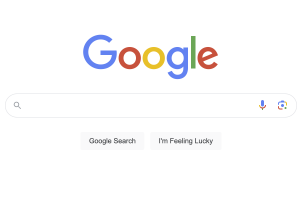
While your faculty and students may have taken the summer off from their college assignments, you know that the work of higher education brand building never ends. Today, and every day, your college brand continues to do its daily work — on your website, social sites and across the continuum of digital and human conversation. […]



